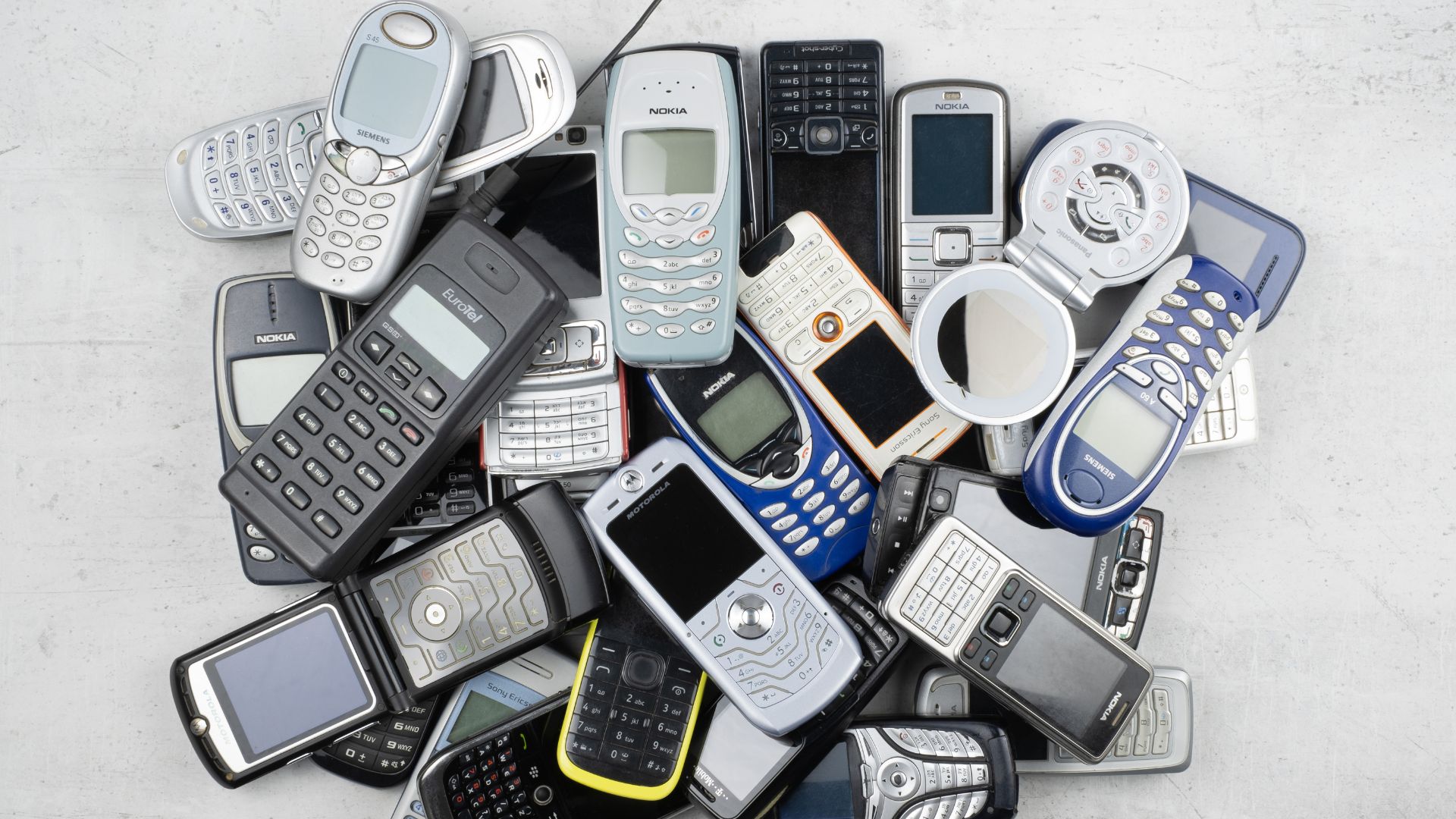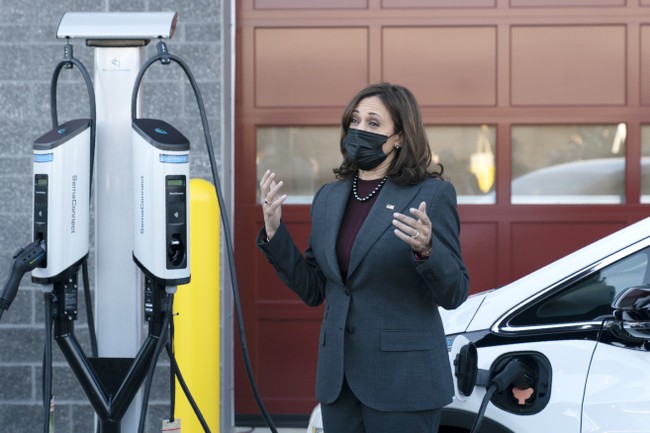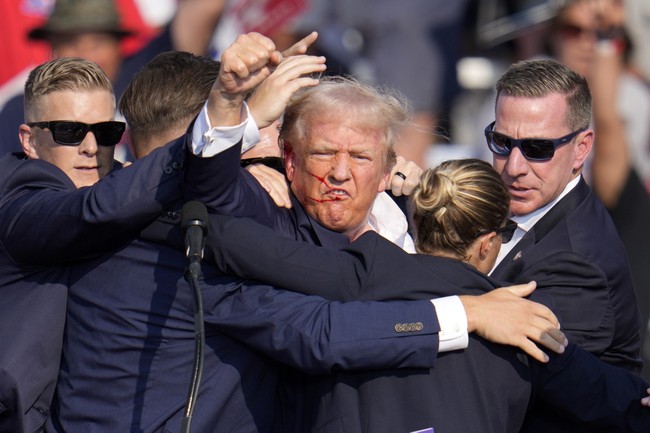Finnish telecommunications company Nokia announced it is considering expanding its U.S.-based manufacturing operations as a way to mitigate the effects of tariffs imposed by President Donald Trump.
The announcement was made Friday by Justin Hotard, Nokia’s newly appointed CEO.
The announcement follows Nokia’s report of weaker-than-expected first-quarter results for 2025.
Trump’s Sovereign Wealth Fund: What Could It Mean For Your Money?
The company projects that tariffs will impact its second-quarter comparable operating profit by approximately $22 million to $34 million.
Shares of Nokia fell by six percent on Thursday following the release of the disappointing first-quarter earnings.
Nokia reported a net loss of $68.2 million for the first quarter, a sharp decline compared to the $498 million net profit it posted during the same period a year earlier.
The company’s comparable operating profit dropped 74 percent to $177 million, according to an analysis from the Wall Street Journal.
This Could Be the Most Important Video Gun Owners Watch All Year
These figures came in well below industry expectations.
Analysts surveyed by FactSet had forecasted Nokia to earn $341 million in operating profit and $143 million in net profit.
One major factor behind the first-quarter losses was a $136 million settlement related to a customer project, according to Hotard.
He said the matter has been fully resolved.
Despite the downturn, Nokia has maintained its 2025 full-year outlook, projecting profits between $2.2 billion and $2.7 billion.

Hotard, who has been CEO for just three weeks, acknowledged that achieving these targets would be “challenging.”
Speaking about the tariffs, Hotard told Reuters that Nokia has not yet experienced a significant decline in demand.
However, he confirmed the company is exploring ways to expand its U.S.-based manufacturing capabilities to reduce exposure to tariff impacts.
“It is not a discussion on (moving) our headquarters… that is less critical than it is in terms of investment in research and development (R&D) and manufacturing capability,” Hotard told Reuters.
In a separate interview with the Financial Times, Hotard said he would “absolutely entertain” the idea of expanding U.S. manufacturing to create “additional resiliency” against tariffs.
Currently, Nokia operates five manufacturing facilities in the United States, according to the Times.
“If there are opportunities to strengthen [U.S. manufacturing], in that it will help us drive growth in the market, that’s one of the things I’ll look at,” Hotard told the Financial Times.
Nokia’s discussions on expanding U.S. operations come amid a broader trend among European firms adjusting their global strategies.
British automotive manufacturer Rolls Royce recently informed investors of plans to relocate some jobs to the United States.
Swiss pharmaceutical company Novartis also announced a $23 billion investment in U.S. operations last week.
Nokia’s potential expansion underscores the impact of tariff policy on international companies and highlights ongoing shifts in global manufacturing strategies as businesses seek to maintain market stability and growth.
Connect with Vetted Off-Duty Cops to Instantly Fulfill Your Security Needs
The opinions expressed by contributors and/or content partners are their own and do not necessarily reflect the views of LifeZette. Contact us for guidelines on submitting your own commentary.
Read the full article here







![Trump Unveils 20-Point Gaza Peace Plan; Warns Hamas, Backs Netanyahu [WATCH] Trump Unveils 20-Point Gaza Peace Plan; Warns Hamas, Backs Netanyahu [WATCH]](https://www.lifezette.com/wp-content/uploads/2025/09/2025.09.15-05.04-lifezette-68c8472553e72.jpg)




![Swalwell Promises Democrats Will Hunt ‘Private Actors’ Doing ‘Drug Deals’ with Trump [WATCH] Swalwell Promises Democrats Will Hunt ‘Private Actors’ Doing ‘Drug Deals’ with Trump [WATCH]](https://www.lifezette.com/wp-content/uploads/2025/07/2025.07.29-05.00-lifezette-6888fe11009f4.jpg)